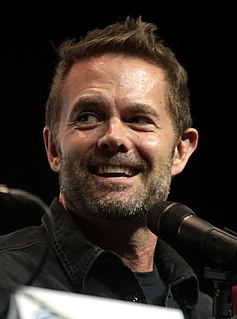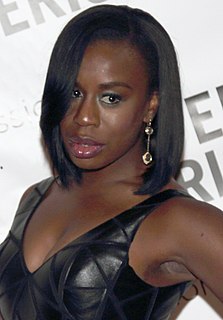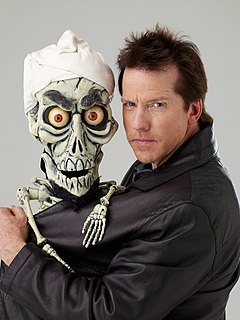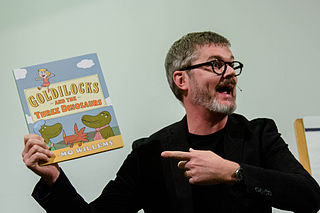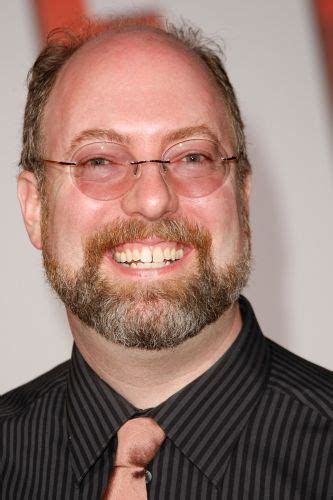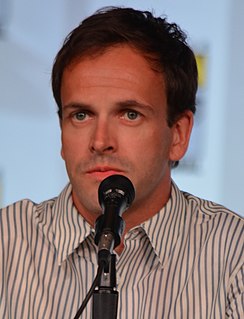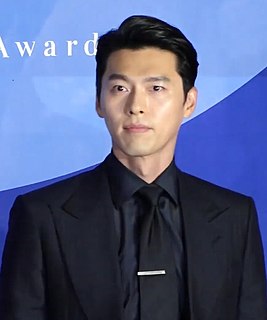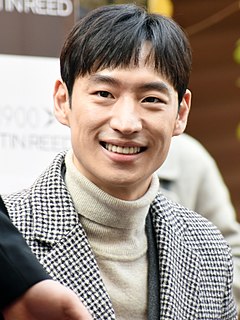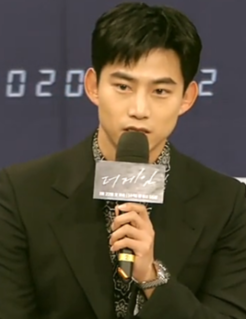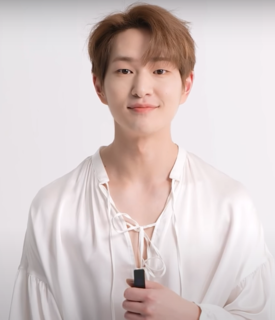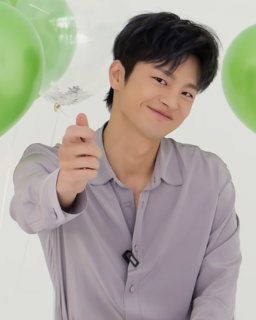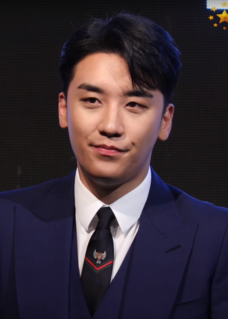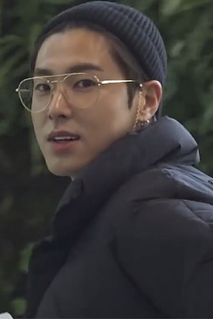A Quote by Kwak Dong-yeon
If it's a good story or if it's a character I want to act in, I end up wanting to do it.
Related Quotes
This character matters so much to so many people. I want to get that right. I want to do it justice. I want people to believe in the character and have faith in the character and kids to grow up wanting to be Superman. Or, God forbid, there's people who are going through hardship and wishing that this character would turn up and save them.
It's often hard to determine, especially in early drafts, whether or not a story has a bona fide complication. Remember this: A complication must either illuminate, thwart, or alter what the character wants. A good complication puts emotional pressure on a character, promoting that character not only to act, but to act with purpose.If the circumstance does none of these things, then it's not a complication at all - it's a situation. This situation, or setup, might be interesting or even astonishing, but it gives the story no point of departure.
If the point of life is the same as the point of a story, the point of life is character transformation. If I got any comfort as I set out on my first story, it was that in nearly every story, the protagonist is transformed. He's a jerk at the beginning and nice at the end, or a coward at the beginning and brave at the end. If the character doesn't change, the story hasn't happened yet. And if story is derived from real life, if story is just condensed version of life then life itself may be designed to change us so that we evolve from one kind of person to another.
Wanting to know absolutely what a story is about, and to be able to say it in a few sentences, is dangerous: it can lead us to wanting to possess a story as we possess a cup... A story can always break into pieces while it sits inside a book on a shelf; and, decades after we have read it even twenty times, it can open us up, by cut or caress, to a new truth.
You can't plan for people to like your movies. I knew that people were not going to run in droves to the theater for the 'In the Valley of Elah.' I knew they might not want to see it, but I still had to the movie; I felt very strongly about it. Wanting to keep telling a good story is what you want to do, a compelling story.
The common thread of the series is that these are the books that Elephant and Piggie like to read. Elephant and Piggie are retired, so this is what they do in their spare time. What will they end up wanting to read? Time will tell. We've got to let that evolution happen as the series goes on. Any return of a character would have to be organic, would have to be, for example, Laurie Keller saying, hey, I really want to do this, and me feeling that there's a story there, rather than just saying, yeah, we can get three books out of these characters.
Of course, even if the directors like my ideas or the designs I do, they may end up changing the story so much, that those characters have to change, or get cut out altogether, and that's just the way it is. Sometimes the directors are designers themselves, or they want to work with a character designer who will do things in their own distinct way - sometimes the most important thing I do is figure out what they don't want to do, by experimenting. Either way, whether they use my ideas or not, I get paid, so it's all good.
One of the horribly frustrating things about writing feature films is the rules everyone applies and says, 'You have to do this by the end of the first act and by the end of the second act you must introduce this.' As if there were rules to life or telling a story or the ways things happen, which of course there aren't.



